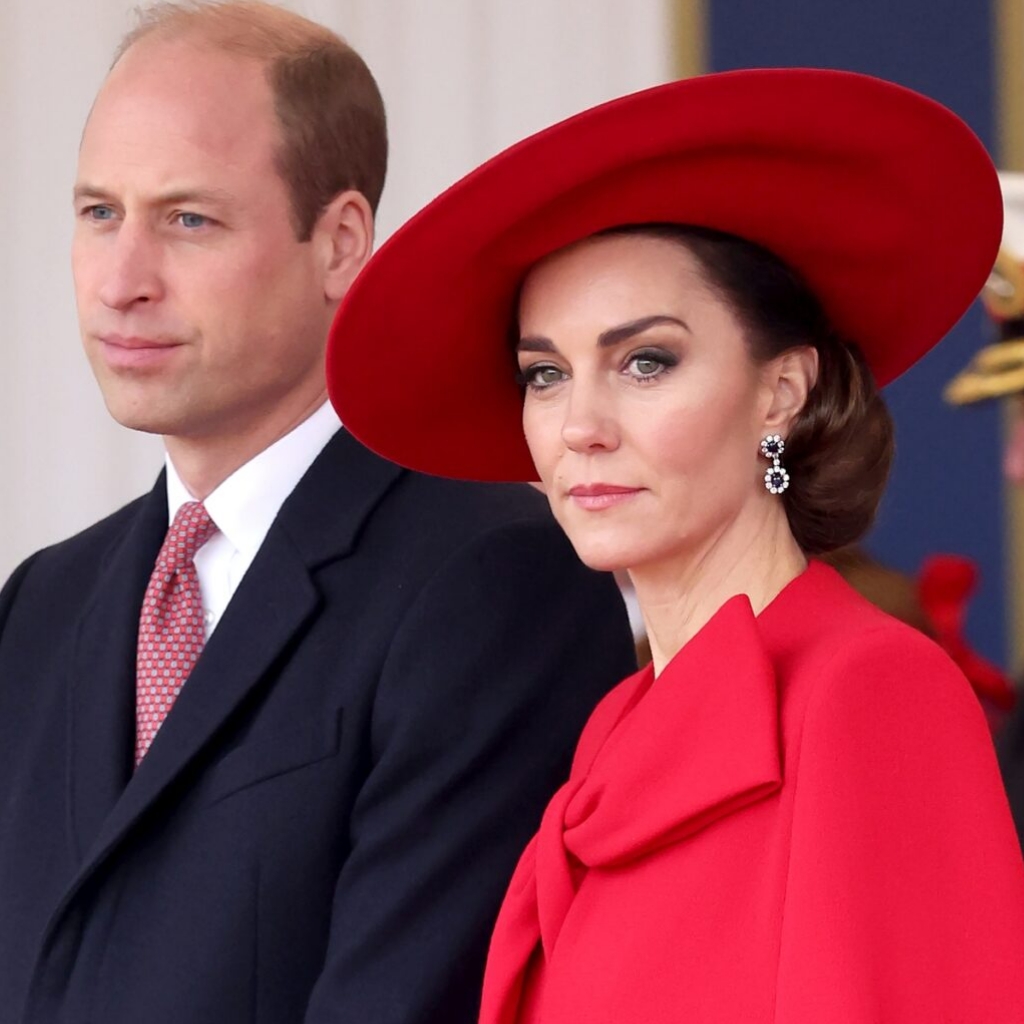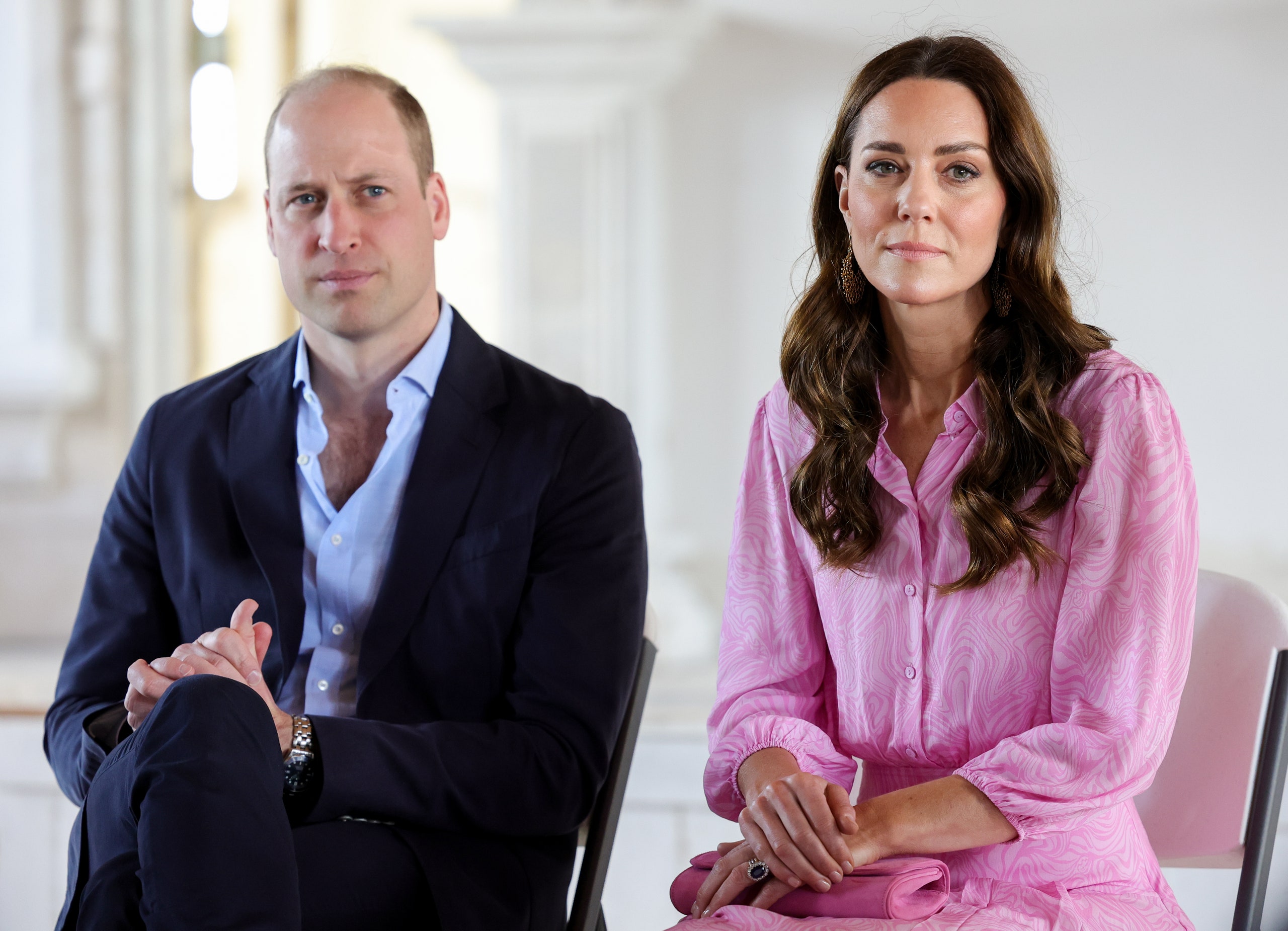Lilibet DNA Test: Unveiling The Truth Behind The Royal Lineage
Have you ever wondered what secrets lie within the royal bloodlines? Well, buckle up because the Lilibet DNA test is here to shake things up. Imagine this: a little girl named Lilibet Diana Mountbatten-Windsor, the adorable daughter of Prince Harry and Meghan Markle, and suddenly whispers of her royal lineage are everywhere. But what's the deal with this DNA test? Let’s dive in and find out!
When it comes to royalty, everyone loves a good mystery. The Lilibet DNA test has sparked curiosity among fans all over the world. Is it just another media frenzy, or is there real science behind it? This article will explore everything you need to know about the Lilibet DNA test and its implications for the royal family.
From the history of DNA testing to the potential impact on the Windsors, we’ll break it all down for you. So, whether you’re a royal enthusiast or just curious about the science behind DNA, this article has got you covered. Let’s get started!
Read also:Trump Shit Himself The Story Behind The Viral Moment
What is the Lilibet DNA Test All About?
Let’s start with the basics. The Lilibet DNA test is essentially a scientific analysis aimed at confirming the biological connections within the royal family. But why the sudden interest in Lilibet? Well, as the granddaughter of Queen Elizabeth II, her lineage carries immense significance. Some are curious about her genetic ties to the late Princess Diana, while others are simply fascinated by the idea of unraveling royal secrets.
But here’s the kicker: DNA tests aren’t just about curiosity. They can provide definitive answers to questions that have lingered for generations. In Lilibet’s case, the test could confirm her direct descent from the British monarchy and shed light on her unique genetic makeup.
The Importance of DNA Testing in Modern Times
In today’s world, DNA testing has become more accessible than ever. From paternity tests to ancestry tracing, these scientific tools have revolutionized how we understand our origins. For the royal family, DNA testing could serve as both a confirmation of heritage and a way to address lingering questions about lineage.
Let’s break it down:
- DNA testing offers precise results that can’t be disputed.
- It provides insight into family histories and health predispositions.
- With advancements in technology, tests are now faster and more accurate.
So, why wouldn’t the royal family consider it? After all, transparency could strengthen public trust and clarify any doubts about their lineage.
A Brief History of DNA Testing
Before we dive deeper into the Lilibet DNA test, let’s take a step back and look at the history of DNA testing. It all started in the 1980s when scientists first developed techniques to analyze DNA. Since then, the technology has evolved dramatically, making it an indispensable tool in various fields, including forensics, medicine, and genealogy.
Read also:Unveiling The Secrets Of Erosme Your Ultimate Guide To Modern Romance And Connection
Here’s a quick timeline:
- 1984: Alec Jeffreys develops the first DNA profiling technique.
- 1987: The first commercial DNA test is conducted.
- 2000s: At-home DNA kits become widely available.
As you can see, DNA testing has come a long way. And now, with cases like Lilibet’s, it’s being used to explore some of the most prestigious family trees in the world.
Why the Royal Family Might Consider a DNA Test
Now, you might be wondering why the royal family would even entertain the idea of a DNA test. Well, there are a few reasons:
- Transparency: In an era where public trust is crucial, a DNA test could help clear up any rumors or doubts about lineage.
- Historical Significance: The royal family has a rich history, and confirming genetic connections can add to that legacy.
- Health Concerns: DNA testing can also reveal potential genetic disorders, allowing for early intervention.
While the idea of a royal DNA test might seem far-fetched, it’s not entirely out of the question. After all, the Windsors have faced their fair share of controversies, and a test could help set the record straight.
How Does a DNA Test Work?
For those who aren’t familiar with the process, let’s break it down. A DNA test works by analyzing specific segments of DNA that are unique to each individual. These segments can be compared to those of other family members to determine biological relationships.
Here’s how it typically works:
- Sample Collection: A swab from the inside of the cheek or a blood sample is collected.
- Analysis: The DNA is extracted and analyzed in a laboratory.
- Comparison: The results are compared to those of other family members to establish a match.
It’s a straightforward process, but one that carries significant weight, especially when it comes to royal lineage.
The Potential Impact on the Royal Family
Now, let’s talk about the elephant in the room. What would the results of a Lilibet DNA test mean for the royal family? On one hand, it could strengthen their reputation by confirming their lineage. On the other hand, it could open a can of worms if the results contradict established family trees.
Imagine this: if the test reveals unexpected connections or discrepancies, it could lead to a media frenzy. But hey, the royal family has faced bigger challenges before, right?
Could It Affect Lilibet’s Role in the Monarchy?
Another important question is whether the results of a DNA test could impact Lilibet’s future role in the monarchy. As the granddaughter of Queen Elizabeth II, she already holds a significant place in the royal family. However, if the test reveals something unexpected, it could raise questions about her position in the line of succession.
Let’s not forget that the monarchy is steeped in tradition, and any deviation from the norm could cause a stir. But at the end of the day, the royal family has always adapted to changing times, and a DNA test might just be another chapter in their storied history.
Public Reaction to the Lilibet DNA Test
So, how are people reacting to the idea of a Lilibet DNA test? Well, it’s a mixed bag. Some are fascinated by the possibility of uncovering royal secrets, while others are skeptical about the necessity of such a test. Social media is buzzing with opinions, and it seems like everyone has something to say.
Here’s what some are saying:
- “I think it’s a great idea. It could clear up any doubts about her lineage.”
- “Why bother? The royal family doesn’t need to prove anything.”
- “It’s just another way for the media to stir up drama.”
As you can see, opinions are divided. But one thing is for sure: the Lilibet DNA test has captured the imagination of people all over the world.
Legal and Ethical Considerations
Before we jump into the excitement, it’s important to consider the legal and ethical implications of a DNA test. After all, genetic information is sensitive, and there are laws in place to protect it. In the UK, the Human Tissue Act 2004 regulates the use of DNA samples, ensuring that they are collected and used ethically.
Here are a few things to keep in mind:
- Consent: All parties involved must give their consent before a DNA test can be conducted.
- Privacy: The results of a DNA test are confidential and cannot be shared without permission.
- Legal Ramifications: If the test reveals something unexpected, it could have legal implications for the royal family.
So, while the idea of a Lilibet DNA test might sound exciting, it’s important to approach it with caution and respect for everyone involved.
Conclusion: The Final Verdict on the Lilibet DNA Test
As we wrap up this article, it’s clear that the Lilibet DNA test has sparked a lot of interest and debate. Whether it’s curiosity about royal lineage or concerns about privacy, the topic has something for everyone. But at the end of the day, the decision to conduct a DNA test lies with the royal family, and only time will tell if they choose to take this step.
So, what do you think? Is the Lilibet DNA test a good idea, or is it just another media spectacle? Let us know in the comments below, and don’t forget to share this article with your friends. Who knows, maybe we’ll uncover some royal secrets together!
Table of Contents
- What is the Lilibet DNA Test All About?
- The Importance of DNA Testing in Modern Times
- A Brief History of DNA Testing
- Why the Royal Family Might Consider a DNA Test
- How Does a DNA Test Work?
- The Potential Impact on the Royal Family
- Public Reaction to the Lilibet DNA Test
- Legal and Ethical Considerations
- Conclusion: The Final Verdict on the Lilibet DNA Test
Article Recommendations


